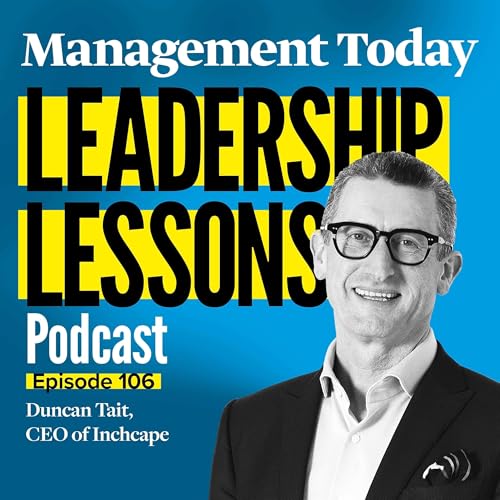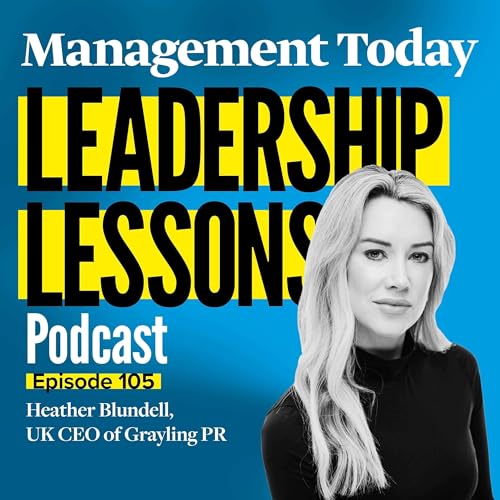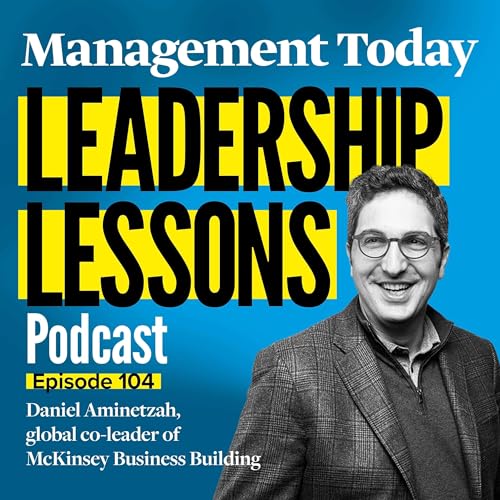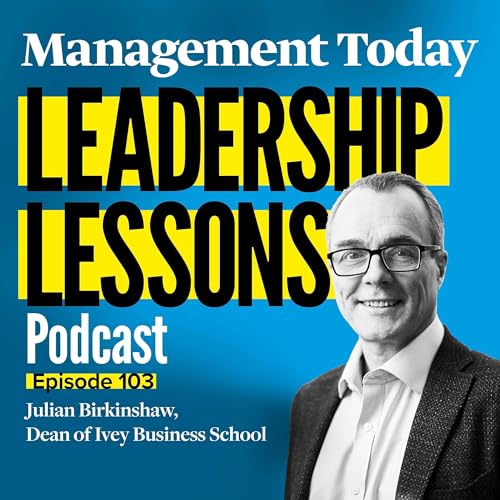American author F. Scott Fitzgerald famously wrote that: “The test of a first-rate intelligence is the ability to hold two opposed ideas in the mind at the same time, and still retain the ability to function.”
This is also, according to dean of Ivey Business School Julian Birkinshaw and ex-Pearson CEO John Fallon, who have co-authored a new book on established companies in an age of digital change, a good definition of the mindset needed to navigate this kind of disruption. You can think of it, Birkinshaw told MT’s Leadership Lessons, as “being paranoid and pragmatic at the same time”.
“So you have to have a certain level of paranoia that any new technology could be something that will make your life very difficult, that will be a threat. The pragmatic bit says, ‘we've lived through many, many rounds of digital changes…Most of our big organisations are still with us’.”
To be more precise, as of 2020, only 35 of the Fortune 500 cohort from 1995 - when the internet revolution was really getting underway - had gone bankrupt. Today, its constituents that didn’t exist in 1995 number only 27.
The prevailing narrative about established firms, Birkinshaw says, casts them as “relics of a bygone era” - dinosaurs pitted against the unicorns and other fleet-footed disruptors of the digital era. But this narrative, he and Fallon argue in Resurgent: How established organisations can fight back and thrive in an age of digital transformation, ignores many of the inherent strengths that have made these companies market leaders.
For many organisations, haunted by the fear of falling victim to their own ‘Kodak moment’, the temptation when faced with a new technology might be to react quickly to counter the perceived threat. Not only, however, are the firms that fail to adapt to digital disruption “the absolute exception” that proves the general rule (namely that “big companies are way more resilient than people give them credit for”), but it’s important to recognise that people tend to overestimate the speed of change and executives therefore often have more time than they might think to work out whether, when and how much to invest in a new technology.
Credits:
Presenter: Antonia Garrett Peel
Producer: Inga Marsden
Artwork: Jenny Hardy
Hosted on Acast. See acast.com/privacy for more information.
 28 分
28 分 24 分
24 分 37 分
37 分 25 分
25 分 31 分
31 分 25 分
25 分 2025/09/0526 分
2025/09/0526 分 8 分
8 分
